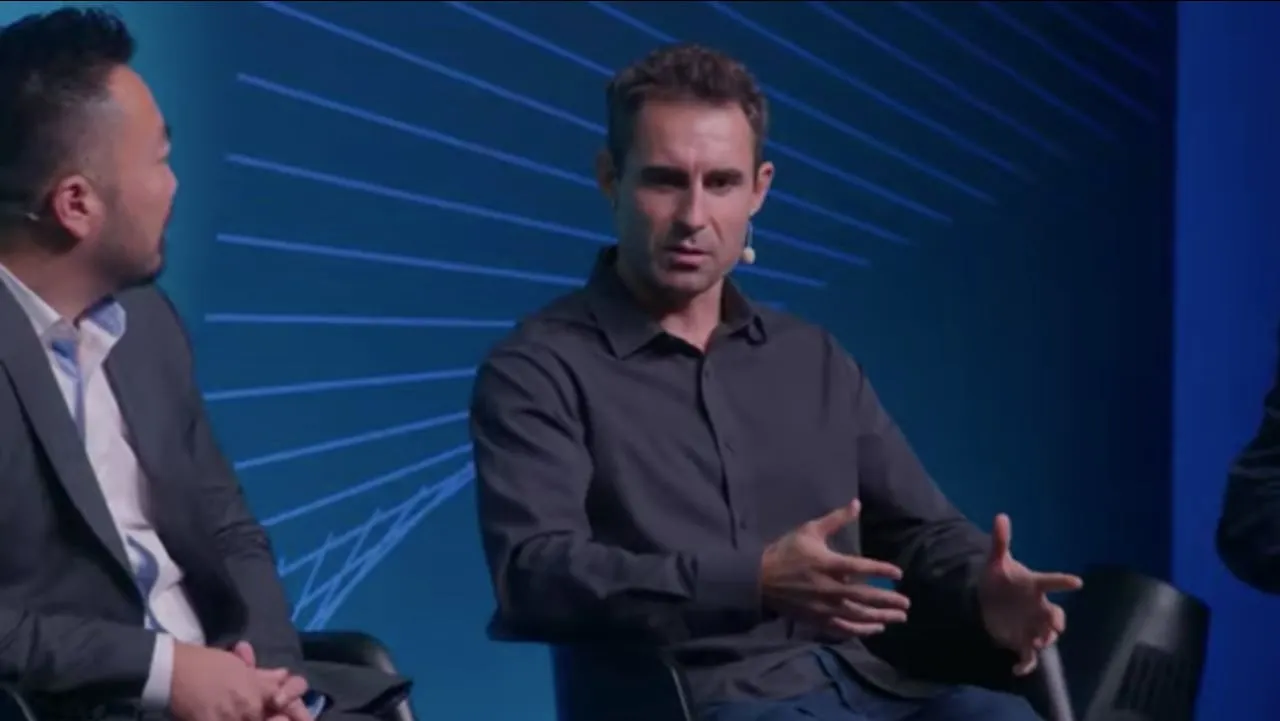The head of JP Morgan’s blockchain division Tyrone Lobban yesterday told attendees at CCData’s Digital Asset Summit in London that “99.9%” of his conversations with clients are about tokenized forms of traditional financial instruments, not crypto.
“There is a huge conversation around how to bring traditional assets on chain,” he said during yesterday’s panel. “When you look at the activity that has happened over the past year, almost every global bank, broker-dealer or asset manager is doing something either on a permissioned blockchain or a public one.”
Lobban says these early experiments might best be termed pilots, “but the intention is very clearly there.”
On the cryptocurrency side of things, he blamed the recent spate of industry bankruptcies for cooling interest and said “some clients just do not necessarily want to be involved right now.”
Lobban also commented on Bitcoin’s recent price stability, saying the world’s favorite cryptocurrency is “maybe more like a stablecoin nowadays,” before adding: “the days of massive, massive returns on Bitcoin are possibly behind us for a while.”
JP Morgan’s forays into blockchain
Formed in 2020, JP Morgan’s blockchain arm, Onyx, claims to be the “world’s first bank-led blockchain.”
To date, the investment banking giant has used it to tokenize traditional securities for instantaneous exchange.
Speaking at the CCData panel, Lobban said that U.S. banks wanting to use public blockchains face various bureaucratic hurdles and red tape due to the current regulatory climate.
To circumvent this, JP Morgan established Onyx, an Ethereum-based private blockchain.
While this means that the JP Morgan team can write smart contracts for public blockchains, Lobban still feels like crypto lacks interoperability. “Ultimately, what you’re likely going to need is some sort of connectivity between these platforms, or some sort of broader layer one that financial institutions can actually interact with.”
Other financial institutions that run nodes and tokenize assets on Onyx right now include Goldman Sachs, DBS, BNP, and “a number of others” that he declined to name.
As an investment bank, JP Morgan has credit lines that it extends to its institutional clients. For certain clients, this process may be too costly, because while JP Morgan’s credit line is free-to-use, borrowers still have to hold enough assets to prove to regulators that they can meet their obligations in times of stress, or in the event that the bank withdraws its credit line.
Lobban says that through Onyx, JP Morgan’s clients have been able to enter repurchase agreements–called repos–where they put up collateral in the form of tokenized treasuries to borrow against. “They can be very specific about the length of time they actually need. [...] So they can borrow a billion dollars for three hours or $500 million for five hours,” he said.
Where the technology shines, says Lobban, “is that we’re able to use smart contracts to ensure the delivery versus the payment, the exchange of assets for cash at the right time, and we can be very precise with the trade terms that both parties are agreeing to.”

